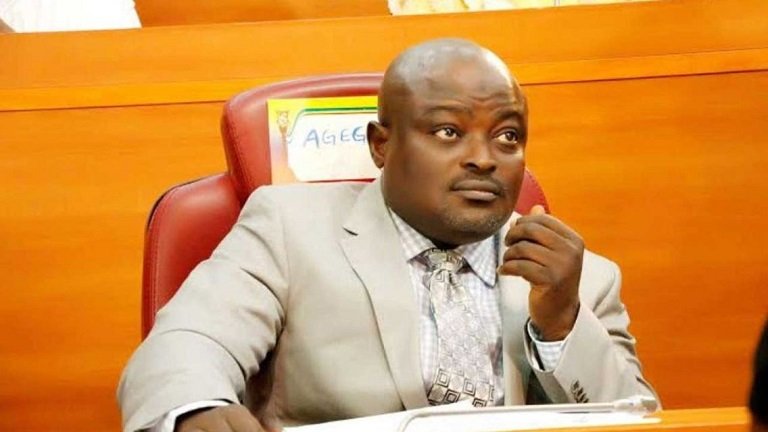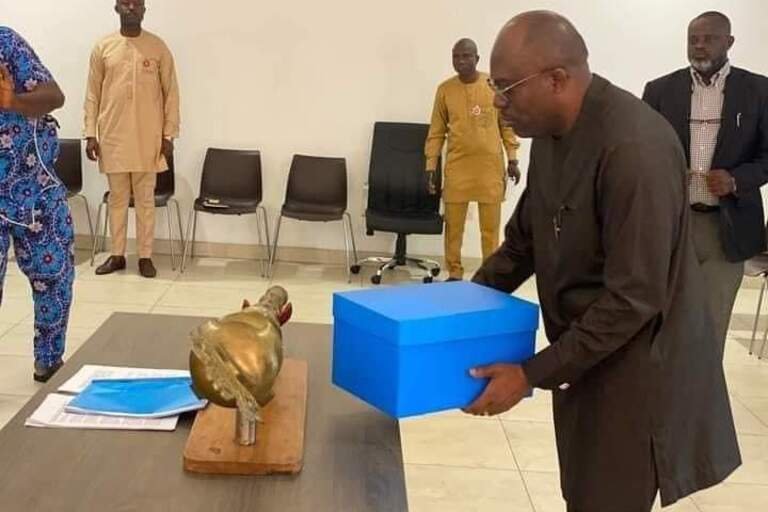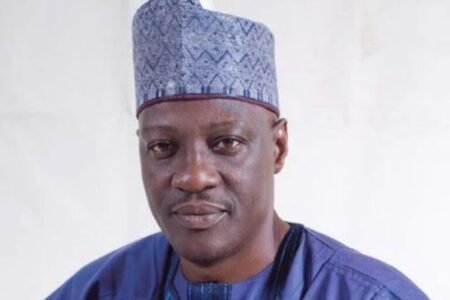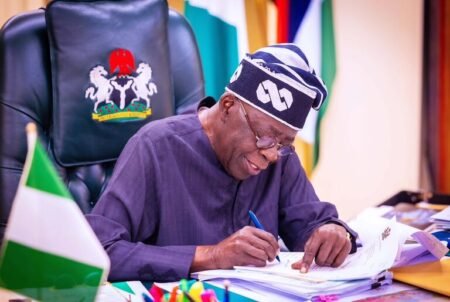For Mudashiru Ajayi Obasa, the journey from Agege to the pinnacle of Lagos politics was as meteoric as it was turbulent.
Born on November 11, 1972, in Agege, Lagos, his early years hinted at promise. Educated at St. Thomas Aquinas Primary School and Archbishop Aggey Memorial Secondary School, Mushin, Obasa earned a Law degree from Lagos State University in 2006.
Obasa’s political career began in 1999 when he was elected a councilor under the Alliance for Democracy, later representing Agege Constituency I in the Lagos State House of Assembly from 2007.
For over 15 years, Obasa cemented himself as a political force, serving as Speaker for four consecutive terms, a feat unparalleled in the state’s history. However, his tenure was marred by allegations of corruption, political rivalry, and, ultimately, a dramatic impeachment that brought his legacy under scrutiny.
The Controversies
Obasa’s tenure was riddled with allegations of misappropriation of public funds, which he consistently denied. In 2020, Sahara Reporters released a damning exposé accusing him of embezzlement. The Economic and Financial Crimes Commission (EFCC) subsequently interrogated him, but proceedings were interrupted when Obasa reportedly feigned illness.
The controversies did not stop there. Amidst the #EndSARS protests, his dismissal of the victims of the #LekkiMassacre as “miscreants” drew widespread criticism, painting him as insensitive to public sentiment.
Even as Speaker, Obasa’s political ambitions became a source of speculation and division. His remarks during the 2025 budget presentation by Governor Babajide Sanwo-Olu stoked controversy.
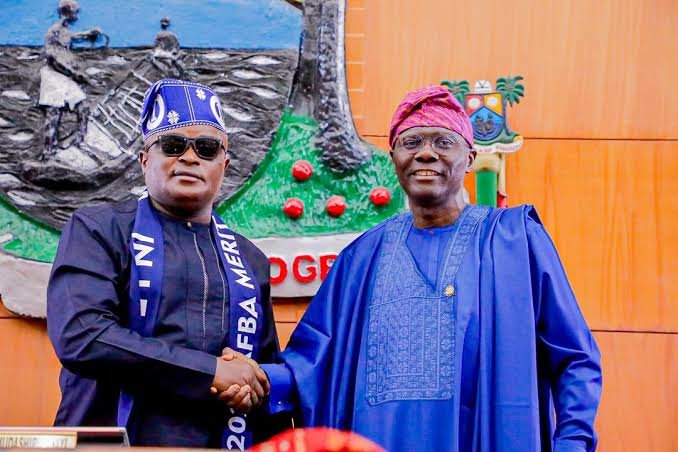
He said, “This House is a sanctuary and temple… No one will violate any temple and expect the gods to accept his or her sacrifice… There must be an appease to the gods to accept such atonement.”
Critics saw this as a veiled threat to the governor, whom Obasa reportedly views as an obstacle for Lagos’ 2027 gubernatorial race. Adding to the theatrics, the Agege born politician and his allies orchestrated a silent protest during the budget presentation, refusing to applaud the governor’s speech and dressing down for the occasion.
The Impeachment
On Monday, January 13, 2025, the Lagos State House of Assembly witnessed a seismic shift. Ninety percent of lawmakers voted to impeach Obasa on charges of gross misconduct and abuse of office. His deputy, Mojisola Meranda, was swiftly sworn in as Speaker.
This development came as no surprise to political observers. Obasa’s perceived high-handedness and the deep-seated animosity between him and Governor Sanwo-Olu had reached a boiling point.
His impeachment marks the end of an era. A once-promising political figure, Obasa is now a cautionary tale of how power, when mismanaged, can lead to dramatic falls.
A Legacy in Question
Obasa’s detractors argue that his conduct during his tenure sullied Lagos’ reputation. Critics described his actions as an affront to the cosmopolitan identity of Lagos. His veiled jibes and overt power plays at the budget presentation raised questions about his suitability for higher office.
Political analyst Kehinde Adeniyi remarked, “From the audacity of his veiled threat to the governor to his open demand for appeasement, Obasa took Lagos on an unsightly political excursion. His impeachment was long overdue.”
In one of his more reflective moments, Obasa had declared, “Becoming governor is secondary; it is something that I have not given serious consideration. Nevertheless, that does not mean I am too young or lack experience to run.”
But for a man who aspired to greater political heights, his fall from grace underscores the volatility of Nigerian politics. The countdown to 2027 may have begun, but for Obasa, it appears the race has ended before it even began.
As Lagos moves forward under new Assembly leadership, the echoes of the two-term speaker’s dramatic exit will linger, a stark reminder of the perils of unchecked ambition and misjudged power plays.





